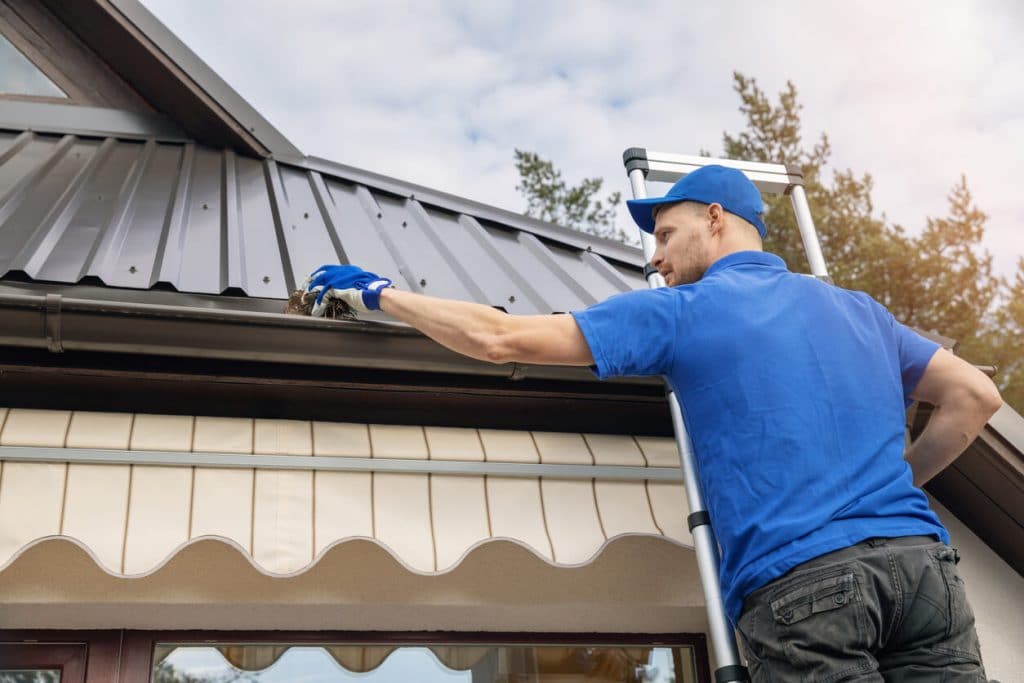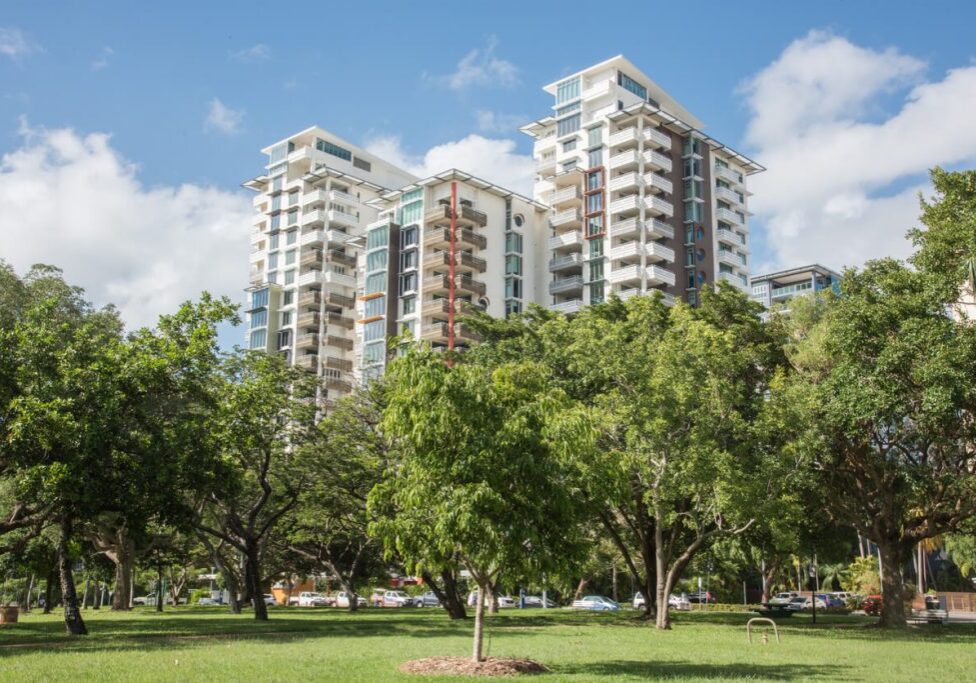What exactly is fair wear and tear?

You may have heard the phrase “fair wear and tear” thrown around a lot. When discussing tenant and landlord rights and responsibilities, fair wear and tear is an important aspect of it. This is because it is important for determining who is responsible for certain repairs and maintenance of a property.
Tenants are not responsible for fair wear and tear. This means they do not need to cover costs arising from repairs or maintenance for fair wear and tear. However, tenants are responsible for neglectful damage. To clarify what exactly is wear and tear, neglectful damage, and the responsibilities surrounding these, we have created this article outlining all of this.
Neglectful damage
Before we can define what fair wear and tear is, it is important to note what neglectful damage is. Neglectful damage is a tenant responsibility, as it is generally damage directly caused by the tenant, whether accidentally, or on purpose. This can include things like:
- Stains or burns from things dropped on carpets.
- Locks which were forcibly broken by the tenant trying to access the property without keys.
- Mould or mildew from the property not being aired properly.
- Pet damage to curtains and other parts of the property.
Fair wear and tear
Fair wear and tear tends to happen when elements of a property reach the end of their life or are close to it. This is just general wear and tear that is expected to happen with a property, even if everything is well looked after. Examples of fair wear and tear include:
- Carpet wear in corridors or other areas of high foot traffic.
- Old or worn out locks breaking.
- Improperly applied paint flaking or fading.
- Curtains fading due to exposure to sunlight.
Who is responsible?
Intentional damage is the responsibility of the tenant. As a tenant, you must not intentionally damage the property. However, if you do cause damage you should notify the landlord as soon as possible so that the issue can be fixed. It is good to expect to need to pay for the repairs.
If the damage is caused by a third party not directly connected to you, or who you did not invite on the premises, or by an outside event beyond your control, the repairs become the property owner’s responsibility. Events outside of your control can include things such as floods, storms, break-ins, traffic accidents, and more.
In the event where the possessions you own are damaged by a problem with the property, such as a ceiling collapse, then the costs may be able to be claimed from the property owner. As well as this, if your possessions are damaged by your landlord or property manager while they are at the property, then they are liable for damages. Despite this, it is vital that you are covered by insurance.
Ensure your contents are covered
It is important for all tenants to have contents insurance. This insurance is designed to cover your personal belongings, covering them for damage or loss from a variety of sources, including theft, water damage, fire, or other natural disasters. As the property owner’s building insurance will not cover your possessions, it is vital that you get contents insurance to keep your belongings covered.
Conclusion
Knowing what constitutes fair wear and tear is important for both tenants and landlords to know. This will help with alleviating some disagreements regarding repairs and maintenance and whose responsibility it is.
If you need further advice regarding your rental property check out our other articles here.




